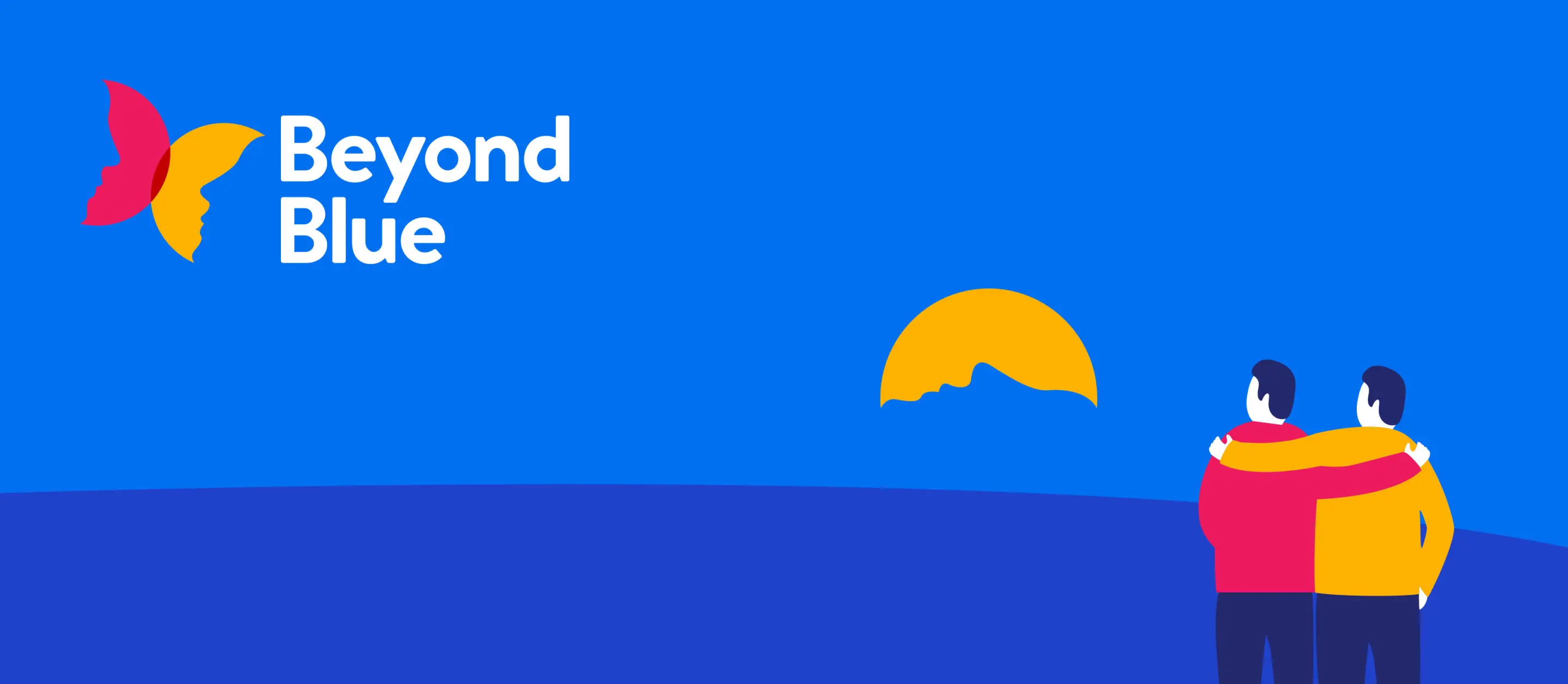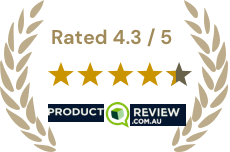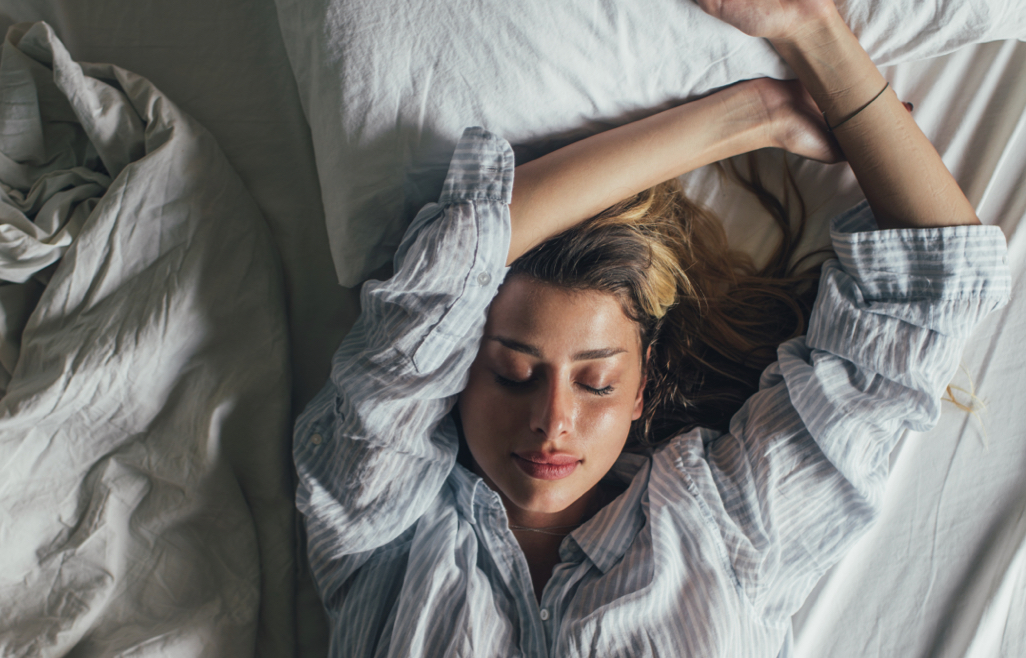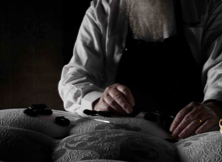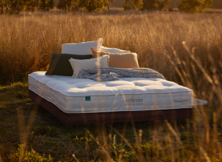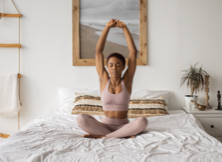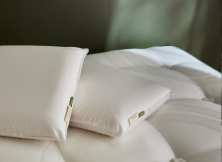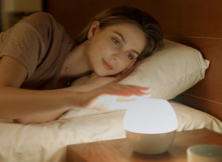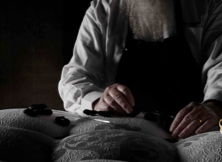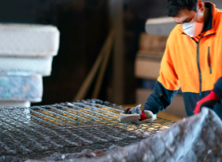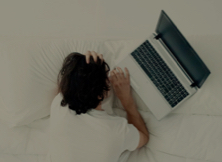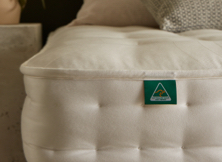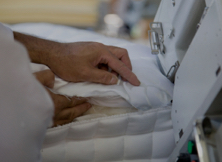In support of Mental Health Awareness Month this October we’re focusing on the theme of ‘Building Mental Resilience’ to raise awareness about mental health and wellbeing, and reduce the stigmas associated with mental health struggles that often prevent people from seeking help.
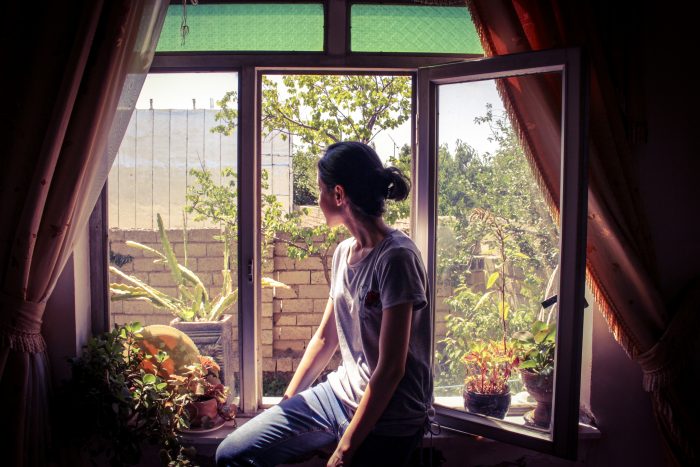
Resilience is usually developed through experience, however even the most resilient person can still be affected by anxiety, stress and depression when adapting to life-changing situations. If the last eighteen months has taught us anything, it’s that resilience is a powerful trait. The global pandemic, bush fires, floods, lockdowns, shutdowns, and everything in between has had a profound impact on our mental health.
Like a building a muscle, everyone has the potential to develop and increase their resilience, and by practicing resilience strategies, we can train our minds to be equipped to handle anything that comes next.
“There is nothing better than adversity,” said the activist Malcolm X.
“Every defeat, every heartbreak, every loss, contains its own seed, its own lesson on how to improve the next time.”
Tip 1: Building Resilience: Learning To Push Forward
A lot of people think of resilience as remaining strong in the face of adversity and bouncing back, but what’s more important is how you push forward, grow and develop from an experience, even when you don’t have the strength.
Bad things happen sometimes, to all of us. When strong emotions arise, instead of pushing them away, welcome them and ask yourself – what is this telling me? What can I learn from this? How can this help me grow and move forward?
Tip 2: Music Is Medicine
Since early civilisation, music has been used as a powerful mood influencer and stress reliever that helps release endorphins and lower the production of the stress hormone cortisol. When stress hits, grab your headphones and settle into those beats because music is proven to be beneficial to your wellbeing.
Our team at A.H. Beard have created two Spotify playlists that you can access whenever you need to.
Good Vibes Only: Designed to put a smile on your face and get those feel-good endorphins running through your body.
Unwind: Perfect when you want to unwind during your workday, for easy listening on a Sunday afternoon or just to have it playing in the background.
Tip 3: Move Your Body
We already know that exercise is beneficial for our physical wellbeing, but did you know it can also boost our mental health too?
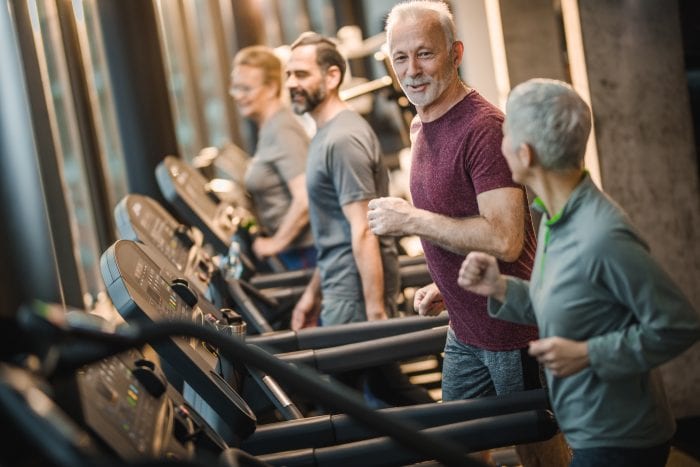
Our partner Beyond Blue states that there are many ways that exercise positively influences your mental health¹:
- Promotes the release of feel-good chemicals in your brain, like endorphins and serotonin.
- It helps you sleep better so you rest fully at night and feel more energised during the day.
- Gives you a sense of accomplishment as your fitness improves and you start achieving your goals.
- Exercise is usually a shared activity with others, so you get the added benefits of social connection.
As a general goal, aim for 30 minutes of physical activity every day. If you can’t fit a 30-minute session into your schedule, try breaking it up into smaller amounts – say 5 or 10 minutes – spread throughout the day. As little as 10 minutes of aerobic exercise every day, such as walking or cycling, can help improve your mood, relieve stress, increase alertness, and help you to fall asleep faster.
Tip 4: Nature is the Greatest Place to Heal & Recharge
Spending time in nature or simply being outdoors allows us time away from the stress and screens of our everyday life. Research has proven that access to the natural environment improves health and well-being, prevents disease, and helps people recover from illness.² There are many ways we can spend more time outside, whether it is listening to one of our Spotify playlists at your local park, going for a swim in the ocean, gardening or choosing to exercise outdoors.
Biophilia – the innate human need to care about and connect with nature

Tip 5: Make Nap Time Your Happy Hour
Quality sleep is the fourth pillar of health and wellness, along with balanced nutrition, regular exercise, and good mental health. The four pillars all interconnect and rely on each other to create the foundations for a healthy and happy life.
When we don’t get the sleep we need on a regular basis, it affects our decision making, our ability to perform everyday tasks and impacts our mood. Lack of sleep can lead to serious health issues such as obesity, type 2 diabetes, and when we are chronically sleep deprived, we are five times more likely to develop depression.
Dr Carmel Harrington, our resident sleep experts says
“Without good sleep the connectivity between the brain’s emotional centre and the part of the brain responsible for good decisions is reduced or lost. This means that instead of rationally considering our responses we are more likely to react directly from our emotional centre so that we react emotively to even a minor provocation.”
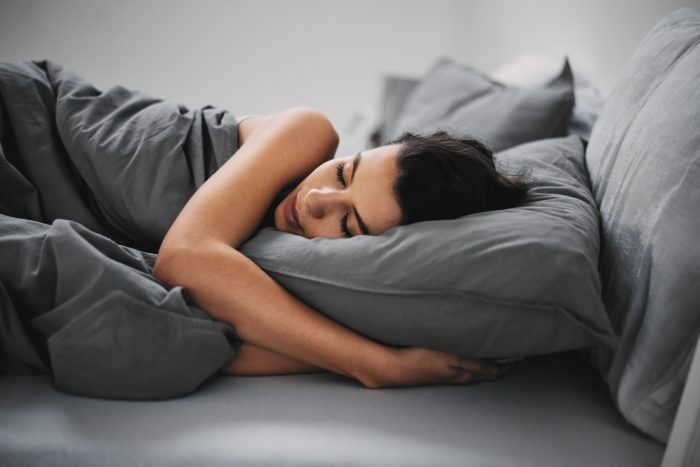
Our needs change as we grow and, in turn, so does the amount of sleep we need. As adults, experts recommend seven to nine hours of sleep per night. Check out our 6 Tips For Better Sleep.
If you’ve been feeling a little down, burned out, tired and sleeping poorly lately, we’ve uncovered some actual science to help explain why no amount of kale and quarantinis can help you shake it off.
The Australian Psychological Society ascribes this lingering state of physical and mental exhaustion as symptomatic of ‘the long-term effects of COVID-19 and the changes it has caused to every aspect of your life’³ or ‘Lockdown Fatigue’.
“For good mental health, we need to be able to appreciate and enjoy the pleasure the positive aspects of life bring. And much of that has been taken away during COVID, so that we haven’t been able to do the things we enjoy to refuel our tanks,” says Professor Richard Bryant, Scientia Professor of Psychology at UNSW and Director of the UNSW Traumatic Stress Clinic.
“Essentially, we have a pool of resources that we can draw on in stressful or challenging times and in the short-term, those resources are what help us perform. But if you keep drawing down on those resources without refuelling the tank, eventually they’ll become completely exhausted until there’s nothing left to give. We’ve passed our surge capacity.”⁴ says Professor Bryant.
We’ve all been operating from a place of uncertainty, where everything is unknown and unpredictable, so our brain is drawing less from our stored experience and ‘autopilot’ function and having to work harder to cope 24/7. Our ‘happiness tanks’ are completely empty and the physical and psychological effects have taken their toll on our mental health and wellbeing.
Many people will be sharing a similar experience to you so don’t be afraid to share your feelings and be open to accepting help and support from others if needed.
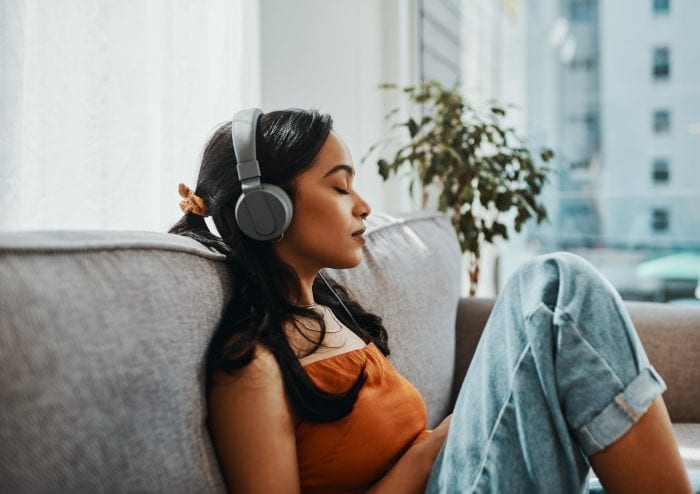
This month, we encourage you to take the time to slow-down, check-in and acknowledge what yourself and others may be going through.
Remember asking for help is a sign of strength. Our partner Beyond Blue is a great resource if you need additional support and advice, beyondblue.com.au | 1300 22 4636
“Life is 10% what happens to you and 90% how you react to it.”
– Charles R. Swindoll.
About Us
A.H. Beard is no stranger to challenging times. In the late 1880’s our founder Enoch Beard travelled to Australia as a migrant candle-maker with his pregnant wife Martha and their four children in search of a better life. After working tirelessly for many years to raise finance, he began manufacturing tufted horsehair and straw mattresses for fellow migrants who arrived on our shores with little more than suitcases full of basic clothes. After two and a half decades, the business burned to the ground, leaving Enoch ruined. With only a half gold sovereign and a strong work ethic to his name, Enoch’s son Albert decided to rebuild the business.
Today, five generations and 122 years later, the same resilient spirit that drove Enoch lives on in his descendants and the team at A.H. Beard. Read more about our history here.
References
¹ Beyond Blue Blog Article, ‘Exercise your way to wellbeing’
https://www.beyondblue.org.au/personal-best/pillar/supporting-yourself/exercise-your-way-to-good-mental-health
² Beyond Blue Literature Review, ‘Beyond Blue to Green: The Health Benefits of Contact with Nature in a Park Context’
https://www.beyondblue.org.au/about-us/research-projects/research-projects/beyond-blue-to-green-the-health-benefits-of-contact-with-nature-in-a-park-context-literature-review
³Managing lockdown Fatigue – Australian Psychological Society
https://psychology.org.au/getmedia/74e7a437-997c-4eea-a49c-30726ce94cf0/20aps-is-covid-19-public-lockdown-fatigue.pdf
⁴Surge capacity and its role in making us feel overwhelmed
https://coronavirus.beyondblue.org.au/COVID-normal/supporting-personal-wellbeing/surge-capacity-and-its-role-in-making-us-feel-overwhelmed
